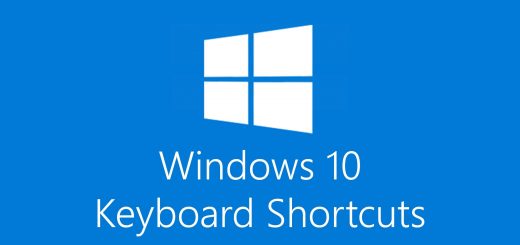Computer software service fraud scams – how to beat them.
One of the main concerns my more senior customers have is that of telephone scams. There has been a nasty trend in the last few years where you get an unsolicited call from ‘Microsoft’ or their ‘Authorised Partners’ to fix a problem they just happened to find on your machine. You might ask how can I beat these scams?
Its easy. Your biggest weapon against telephone fraud is common sense. Bare with me, it really is. Let me explain.
If you ever get an unsolicited phone call from a company, the first thing you should think is how did this company get your telephone number… have you ever provided your telephone number to them? If the answer is no, then how can they even be calling you? Its a scam.

There are other triggers you should watch out for, a few main ones listed below :-
- The telephone line may be bad quality as they are calling from outside the UK
- The majority of computer fraud is not UK based, so the caller will not be British
- The caller will be withholding their number (legitimate companies rarely withhold their numbers)
My suggestion to you would be, not to interact with anyone on the phone about your computer unless you trust them, especially if you did not call them first. And NEVER EVER give out any personal information or give them remote access to your computer.
If you really think you might have a problem with your computer then call us first and we will do our best to help you with no hassle, no fuss and locally based computer professionals. And don’t worry if its too late and you have already interacted with a possible scammer we can investigate, remove any infections and secure you from further infections.
Don’t get scammed, be smart!
Here is some very useful information provided by ActionFraud.
Computer Software Service Fraud involves victims being contacted by telephone and told that there is a problem with their computer and for a fee this can be fixed.
The National Fraud Intelligence Bureau (NFIB) which assesses Action Fraud reports has said that between June 2014 and November 2014 there were over 12,000 reports that were categorised as a Computer Software Service Fraud. Analysis of those reports suggests that callers purport to be from a variety of organisations such as Microsoft, TalkTalk, BT as well as more generic sounding organisations such as the ‘Windows Technical Department’.
They also said there was a total reported loss of £691,446 with some victims losing up to £6,000.
How does the scam work?
Victims are cold called, usually by phone and told that there is a problem with their computer and for a nominal fee the suspect can fix it. The suspects often claim to be working with Microsoft who have identified that the computer has been infected with a virus and offer an update or fix.
The victims are talked through the logon steps in order for the fraudster to gain remote access to the computer. The victims will then often witness the mouse moving and changes being made to the display. They then pay a fee (anything between £100 and £300 has been reported to Action Fraud) and are told the problem has been resolved. Once the initial payment has been processed it is not uncommon for additional larger payments to be debited from the victim’s account without their permission.
In addition to charging a fee to fix the computer, in some instances programs are also installed that allow the fraudsters unlimited access to the computer without the victim’s knowledge. This permits them to have access to information such as personal data as well as view online transactions so that further illegal activity may to be carried out.
Who is most likely to be affected?
Victim reports assessed by the NFIB indicate that:
- The average age of a victim is 59.
- 91% were White (English, Welsh, Scottish, Northern Irish, British).
- 53% were female.
- The average reported loss is £210.
- Anyone who has a home computer connected to the internet can become a victim.
How to protect yourself
- Do not allow remote access to your computer.
- Hang up the phone when you identify that the call is uninvited.
- Never divulge passwords or pin numbers.
- Microsoft or someone on their behalf will never call you.
If you believe you have already been a victim
- Get your computer checked for any additional programmes or software that may have been installed.
- Contact your bank to stop any further payments being taken.
If you have been affected by this, or any other scam, report it to Action Fraud by calling 0300 123 2040, or by using our online reporting tool.
